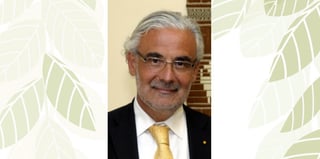Mass migration is occurring in many corners of the world with global implications. As populations of people flee war-torn, impoverished regions, seeking safety and opportunity outside their country of origin, many issues and challenges confront both the immigrants and the populations making room for them. One crucial issue is the education of young migrants as they make new homes in areas where they may not be familiar with the language or culture of the region. While Hawai'i has not seen a recent influx of migrant children due to war, Marcelo M. Suárez-Orozco, the UCLA Wasserman Dean, Graduate School of Education and Information Studies, states that, "[A]t over 17%, the percentage of Hawai'i's foreign-born immigrant population is significantly higher than the U. S. total (13%)."
On January 20, 2016, educators and anyone with a stake in education within Hawai'i will be enlightened by Dr. Suárez-Orozco’s public lecture on Education in the Age of Mass Migration at the UH Mānoa Architecture Auditorium. Suárez-Orozco, the College of Education's 2016 Carl and Alice Daeufer Education Lecture Series special guest lecturer, will address both global and regional issues connected to mass migration. 
"In the 21st Century, global migratory flows bring ever-more diverse populations from heterogeneous ethnocultural, racial, and religious backgrounds,” Suárez-Orozco said. “The world is witnessing a rapid rise in the numbers of a plurality of migrants — involuntary, internal or international, authorized or unauthorized, environmental refugees and asylum seekers. In the second decade of the twenty-first century, 244 million folk are international migrants, or 3.3 percent of the world’s population. "
Suárez-Orozco notes Hawai'i's significant position in relation to the world at large: "In a world on the move, Hawai'i is an extremely important and instructive case for any understanding of the great global migrations in the 21st Century. At over 17%, the percentage of Hawai'i's foreign-born immigrant population is significantly higher than the U. S. total (13%). Our country's paradigmatic first (and only always) "minority-majority" state, Hawai'i's immigrant population grew at a particularly fast rate in recent times (between 1990 and 2000 Hawai'i's immigrant population grew by 30%). How Hawai'i manages the transition of its littlest new Hawaiians, – the children of immigrants in schools, will be a defining new chapter in the unfolding Hawaiian saga. It has significant implications for the wellbeing of the children, for Hawai'i’s future, and could be a model for the entire nation.”
In the abstract from his upcoming lecture, Suárez-Orozco describes some of the concerns and issues relevant to populations experiencing and attracting migrants:
Mass migration is the human face of globalization. Where immigrant workers are needed, families and children will follow. The great global migration wave of the past two generations has generated a powerful demographic echo. Nearly all the high-income countries in the world are experiencing substantial growth in their immigrant-origin student populations. Concurrently, globalization is placing new demands on education systems the world over. As a consequence, schooling systems are facing something they never faced before: educating large and growing numbers of ever more diverse immigrant-origin youth to greater levels of competence and skill at a time of economic upheaval and cultural malaise. This lecture shall examine the challenges of immigration and education in an age of global vertigo. The lecture will introduce the most up to date data on immigration comparatively and then focus on the US -- a country where immigration is both history and destiny, and Hawai'i. Immigration will be defined as an ethical act of and for the family. We will examine the family's role in immigration and best ways to support immigrant families. We will explore what every teachers should know about immigrant learners. The lecture shall examine best practices to prepare immigrant origin-children and emerging adults for higher education, for the labor market, and for the practice of citizenship in an ever more interconnected, miniaturized, and fragile world.
Please join the College of Education for this important public lecture, Education in the Age of Mass Migration: A lecture by Marcelo Suárez-Orozco. Details for the January 20, 2016 lecture can be found under COE Events on their public website.
#Daeufer2016








